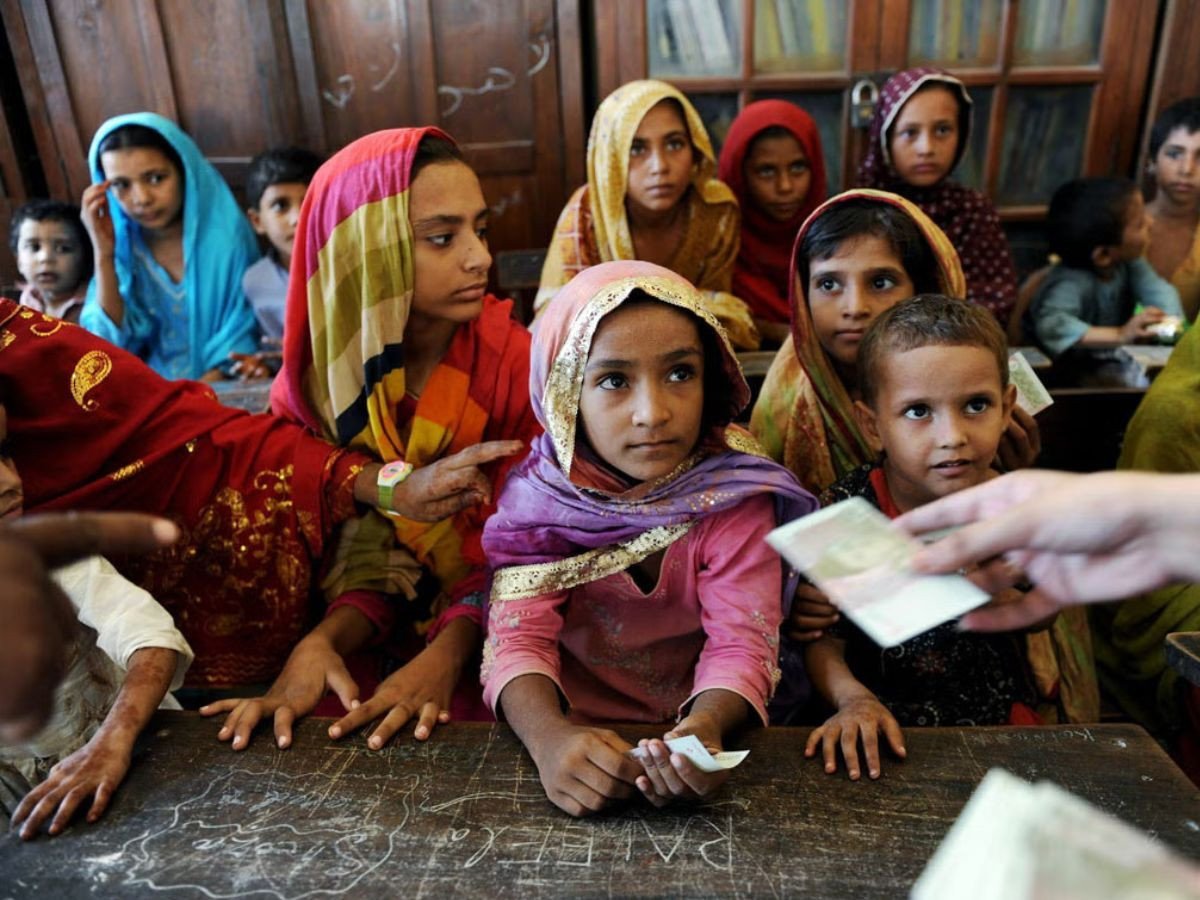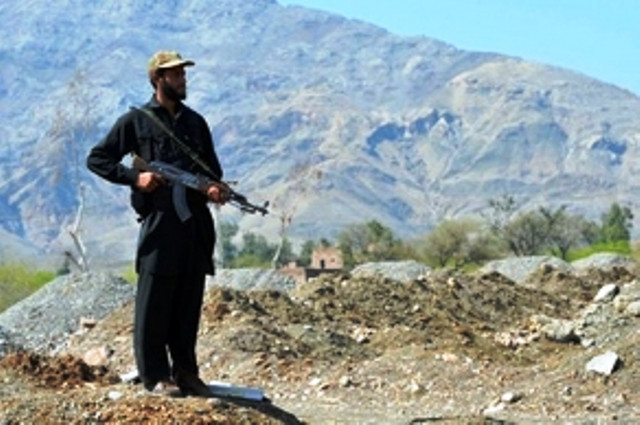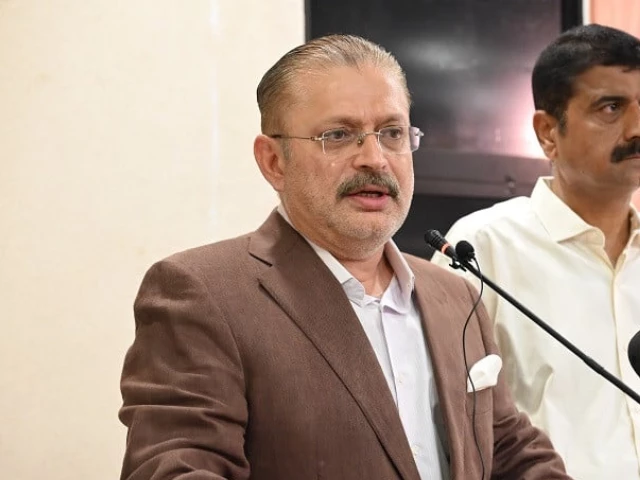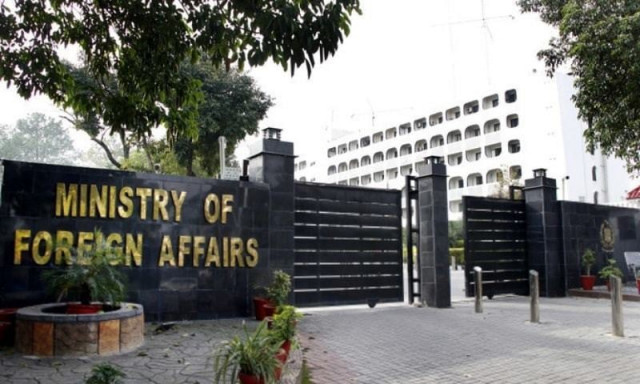PUBLISHED August 10, 2025
Navigating the landscape of child rights in Pakistan is no small feat. The “State of Children in Pakistan 2024” report, launched by the National Commission on the Rights of Child (NCRC) on April 30, lays bare the challenges our young population faces. Established in 2020, the NCRC is committed to ensuring that child rights are not just words on paper, but realities lived by every child in Pakistan.
With nearly half of Pakistan’s population under 18, the report reveals alarming statistics: over 26 million children aged 5-16 are out of school, and a staggering 77% are classified as “learning poor.” These children, especially from marginalized backgrounds, face immense obstacles to accessing quality education. And it’s about more than just reading; inclusivity in education is crucial. Schools must adapt to cater to children with disabilities and those from low-income families. The current funding for education, merely 0.60% of GDP, is pitifully low compared to the global average of 4.3%. It’s high time both federal and provincial governments ramp up their investment in education to at least align with international standards.
The report also highlights children’s right to play, encouraging schools to implement a daily play policy. Play isn’t just a luxury; it’s vital for children’s development. By converting vacant urban spaces into playgrounds, local governments can significantly enhance children’s lives.
When discussing the right to survival, the data reveals further disparities. Immunization rates may have improved, yet high mortality rates for newborns underscore deep-rooted weaknesses in maternal healthcare. With Pakistan’s escalating population growth, investments in children must be a national priority. If we overlook this, we’re only reinforcing cycles of poverty and inequality.
The protection of children is another pressing concern. Reports of violence, abuse, and forced conversions are gut-wrenching. Particularly troubling are the frequent instances of young girls from minority backgrounds being abducted and married off. Efforts from organizations like the National Commission on Women and Human Rights are vital, but stronger legal protections are needed to ensure that these heinous acts are punished, not brushed under the rug.
Children’s voices matter. The right to participation, enshrined in the UN Convention on the Rights of the Child, is an area begging for attention. Schools, families, and media must provide platforms for children to express their views. Involving them in decision-making is crucial for a more equitable society.
A significant gap remains: the lack of current data on child rights issues. This report not only sheds light on the situation but also serves as an essential resource for policymakers and advocates as Pakistan prepares for a review by the UN Committee on the Rights of the Child.
As we reflect on the findings of the NCRC, it’s clear: we need a collective effort, from the government to civil society, to bridge these gaps. Poverty, lack of educational resources, and violence against children aren’t just statistics; they represent real lives affected daily. By fostering open dialogues about children’s rights, we can aim for meaningful change in Pakistan.
For those passionate about advocating for child rights and exploring collaborative solutions, consider connecting with organizations like Pro21st. Together, we can make a difference.
At Pro21st, we believe in sharing updates that matter.
Stay connected for more real conversations, fresh insights, and 21st-century perspectives.




